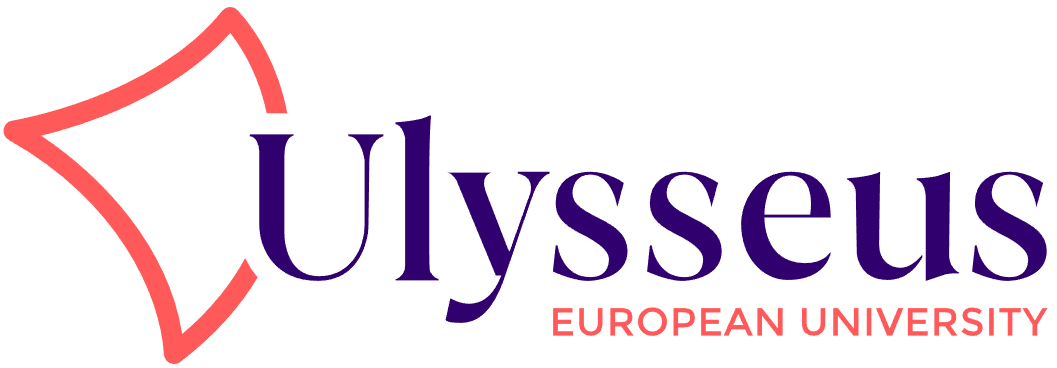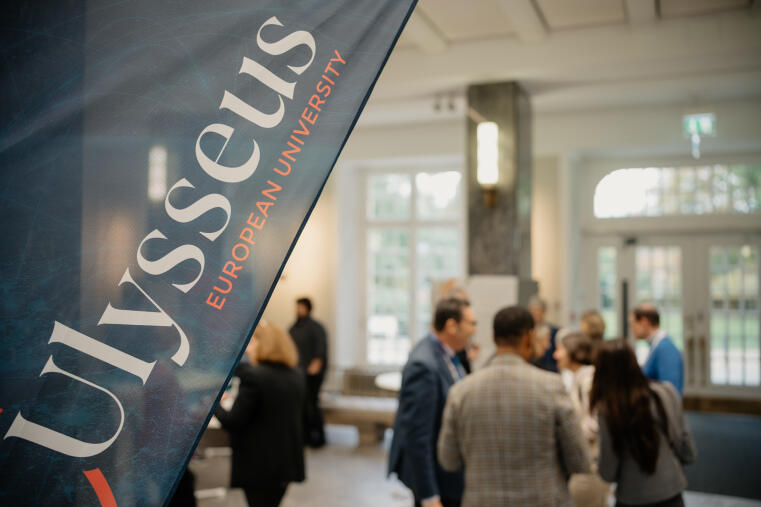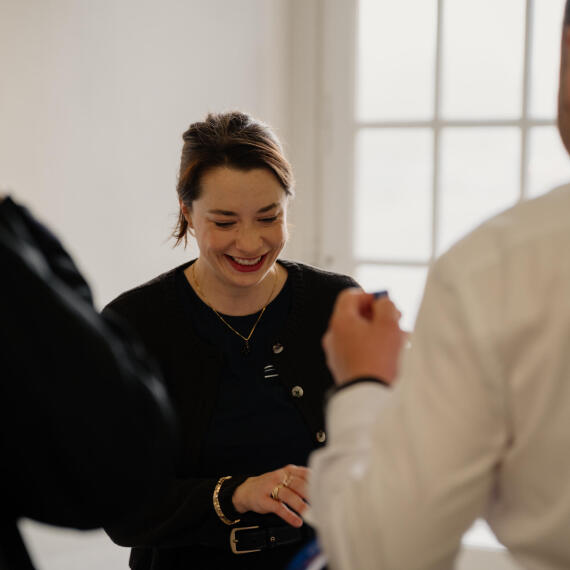Photos

Technical University of Košice Hosts Third Coach the Coach Workshop of Ulysseus in Synergy with CURATE Bootcamp
The Ulysseus Coach the Coach workshop series includes five cross-functional, multi-professional, and interdisciplinary workshops and meetings for start-up coaches and technology transfer officers from partner universities. The goal is to foster knowledge transfer within the Ulysseus, to create support structures for coaches within partner universities’ start-up centres, incubators, and entrepreneurial education initiatives. The first two workshops took place in Münster (April 2024) and Nice (October 2024), while the current one was held in Košice (7–9 April 2025). The workshop was hosted by the Technical University of Košice and held in the University Science Park TECHNICOM.
Bootcamp as a Learning Ground
The Košice workshop was unique while it created synergies with the Ulysseus satellite project CURATE, specifically with its pilot event CURATE Bootcamp 1. The bootcamp introduced a 16-week incubator programme developed in the project and hosted over 60 participants — including coaches, mentors, and students — from Ulysseus partner universities such as Haaga-Helia University of Applied Sciences, Technical University of Košice, University of Münster, MCI Management Center Innsbruck, and Université Côte d’Azur – as CURATE project partners.
Student participants worked in teams to solve real-world business challenges using AI-based solutions which will be presented at the end of the incubator programme. Involvement in the two-day CURATE Bootcamp enabled Coach the Coach workshop’s participants to observe, shadow other coaches, observe team dynamics, and interact with students during sessions and informal moments. Activities included keynote talks, design thinking sessions, brainstorming and ideation techniques, and pitch presentations, providing a valuable setting for applied learning and feedback exchange.
Final Day: Reflection and Forward Thinking
Insights from experience with CURATE were discussed and evaluated during the third day of the workshop. The final day featured a discussion with Denisa Veselská, an experienced coach and Learning & Knowledge Consultant for CEE at IBM. Participants also explored TUKE’s innovation ecosystem, including an introduction to its Startup Centre and followed the session where TUKE start-ups — OwaSmooth, NightSun, and Aponi — shared their experiences of being coached throughout their entrepreneurial journeys. The day concluded with a collaborative session on designing support structures for coaches within the Ulysseus European University, joined by special guest Ludwig Stendhal, Business Developer at Connect Norr (Sweden).
In conclusion, the workshop successfully achieved its objectives, including the co-design of resources and support structures that the Coach the Coach network can provide to foster the professional growth of Ulysseus coaches and help Ulysseus startups. It also helped to explore and strengthen the connections between the Coach the Coach programme and other Ulysseus work packages and tasks.
A Growing Knowledge Network
The Coach the Coach Workshop series have already confirmed the added value of interdisciplinary, cross-university collaboration for building a shared coaching culture across Ulysseus European University. The integration with the CURATE Bootcamp provided a real-world testing ground that enhanced the workshop’s impact and laid the groundwork for future synergies.
About CURATE
The CURATE Project aims to combine AI solutions with the entrepreneurial process to develop an incubator programme, strongly connected to the development of the Ulysseus AI Innovation HUB ecosystem. A key objective is to provide migrant students with a challenge-based platform that caters to their learning styles and equips them with transferable, forward-looking skills. Notably, CURATE will actively engage individuals and organizations from the world of work to become key catalysts in the co-design of new learning and teaching practices. This collaboration seeks to generate practical solutions to real-world challenges presented by labour market actors, ensuring the relevance and impact of the students’ entrepreneurial ventures.

















